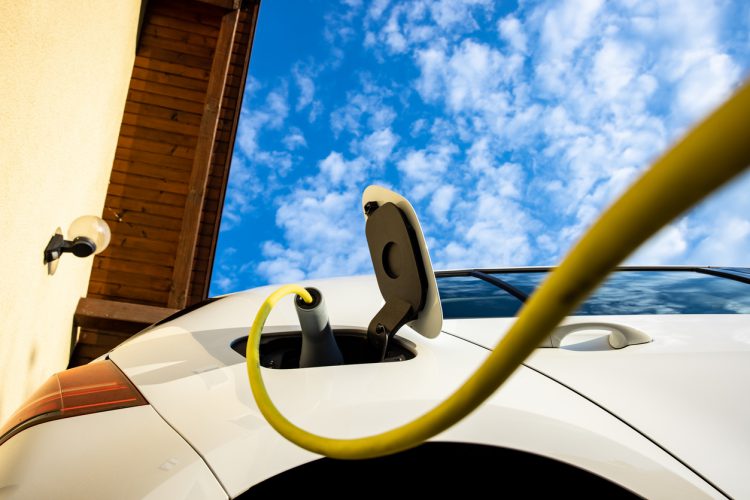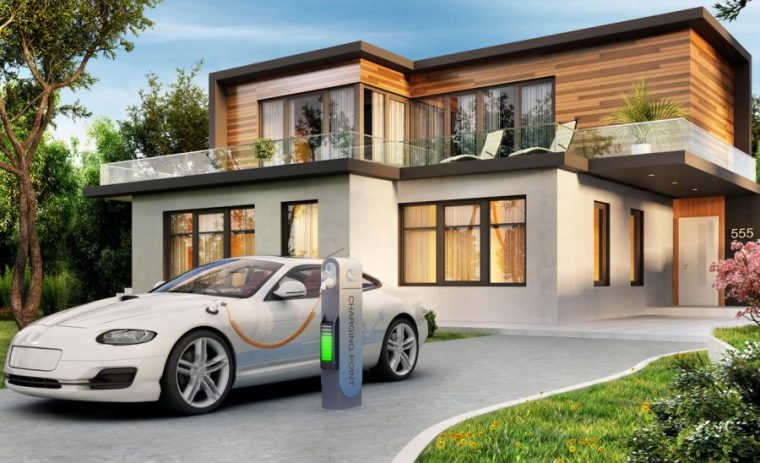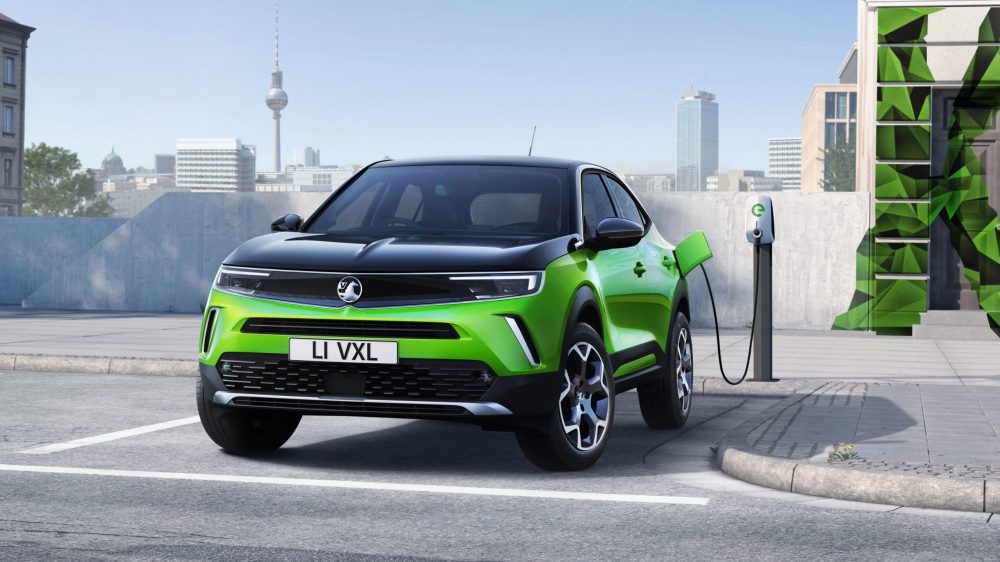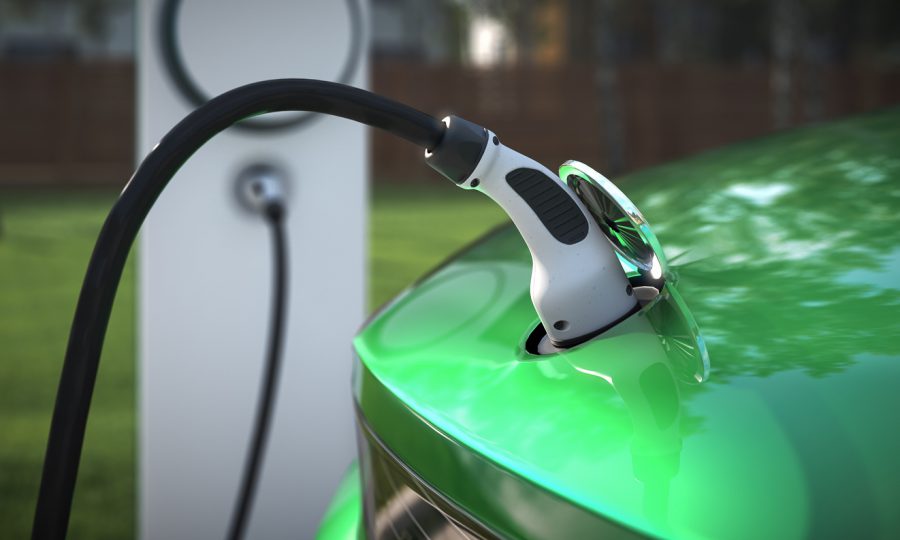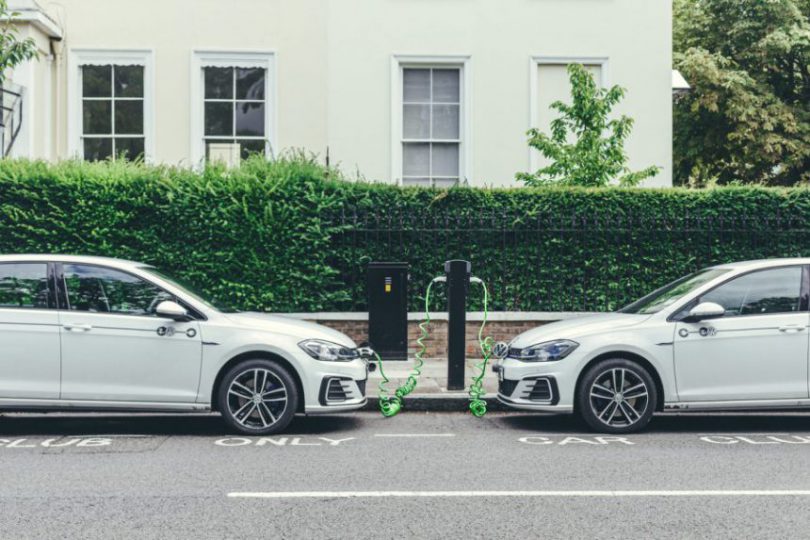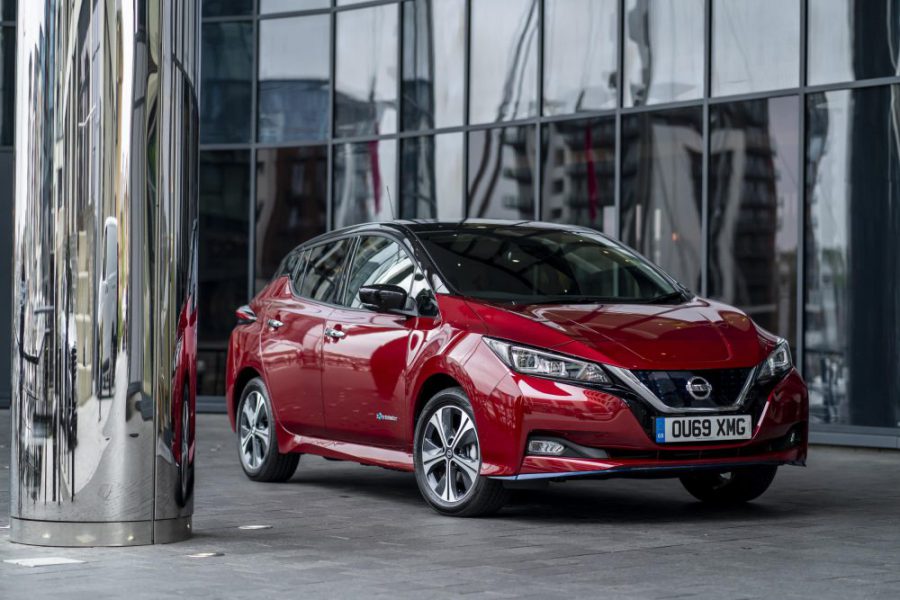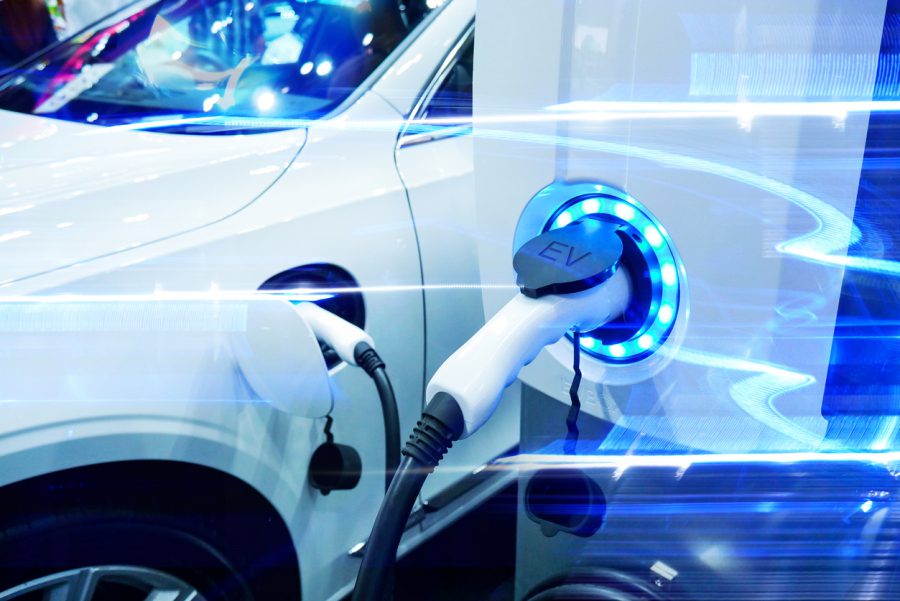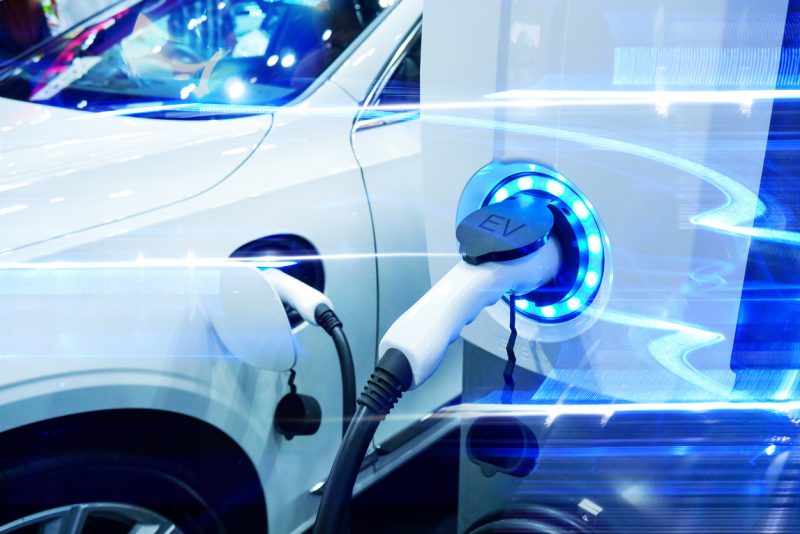
The move to electric cars is well underway. By 2030 – less than eight years away – you won’t be able to buy a new petrol or diesel car. Electric vehicles (EVs) are often said to be great for short journeys, not so brilliant when you need to charge on the go. So what will it be like to take an electric car on holiday?
For a glimpse at the future of long journeys, we took an all-electric BMW iX3 on an 1,100-mile round trip to the French Alps this summer.
